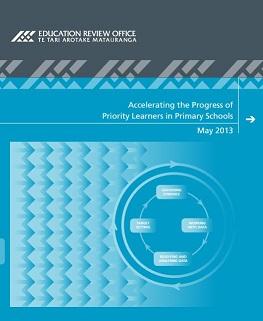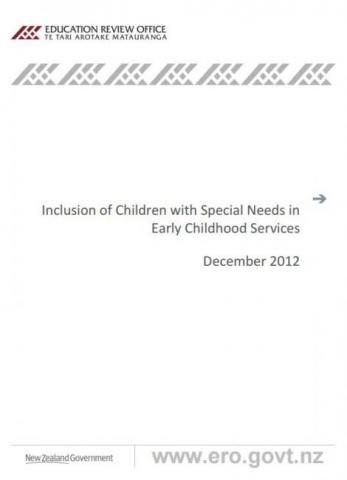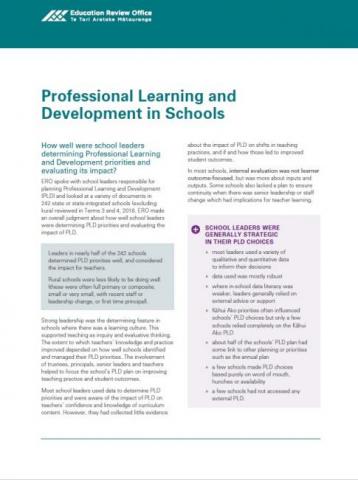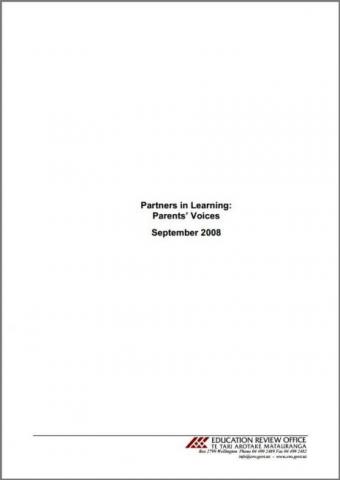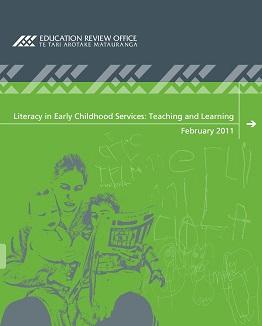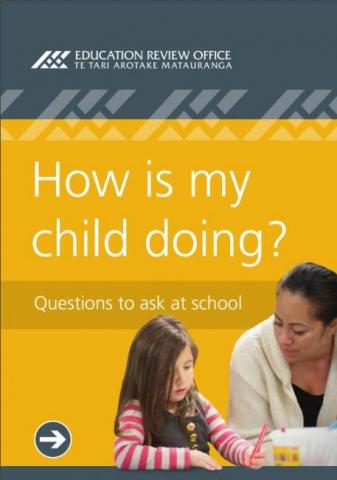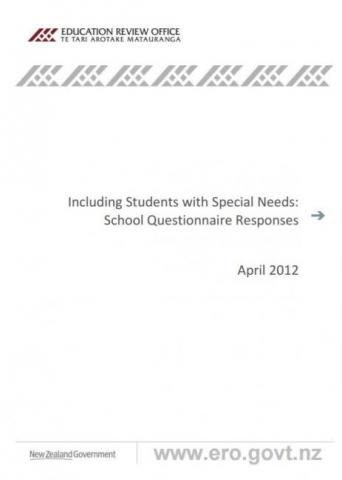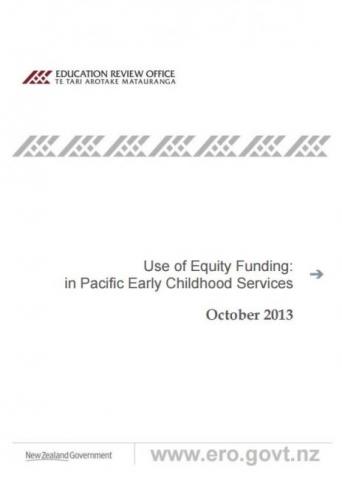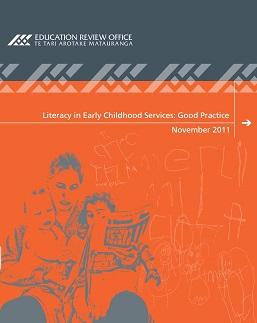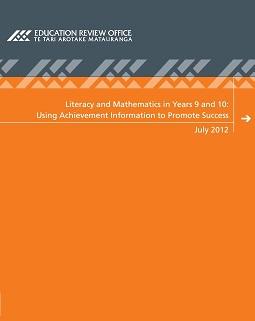Accelerating the Progress of Priority Learners in Primary Schools
Published: 31 May 2013
This national report presents the findings of ERO’s recent evaluation about the extent to which primary schools were using effective strategies to improve outcomes for priority groups of learners. In this report ‘priority learners’ refers to Māori, Pacific, special needs, and students from low income families, who are not achieving at or above National Standards.
- Audience:
- Schools
- Content type:
- Research
- Topics:
- Priority learners
- Māori
- Pacific
- Special education
- Low socio-economic communities
- Progress in International Reading Literacy Study (PIRLS)
- The Trends in International Mathematics and Science Study (TIMSS)
